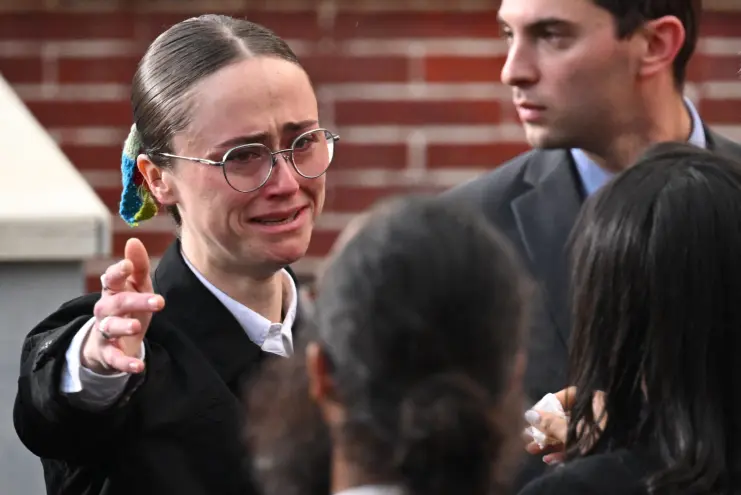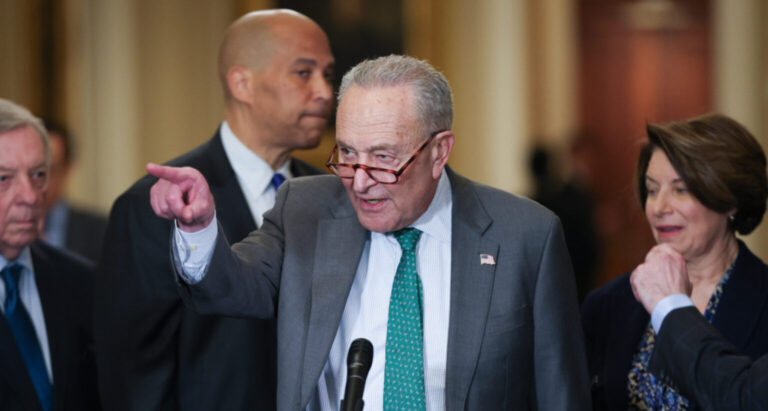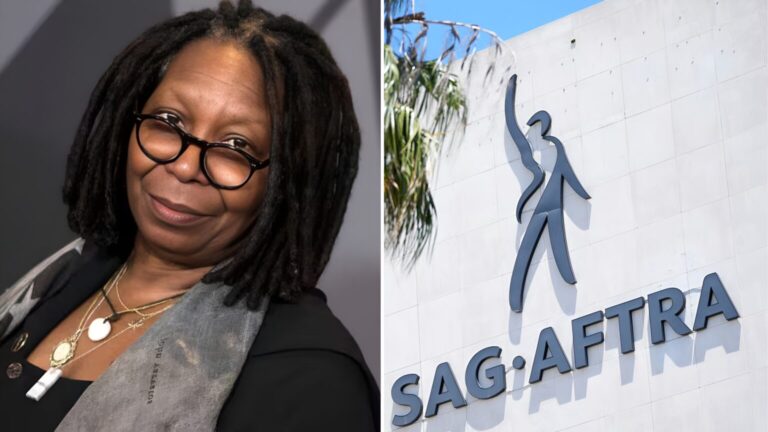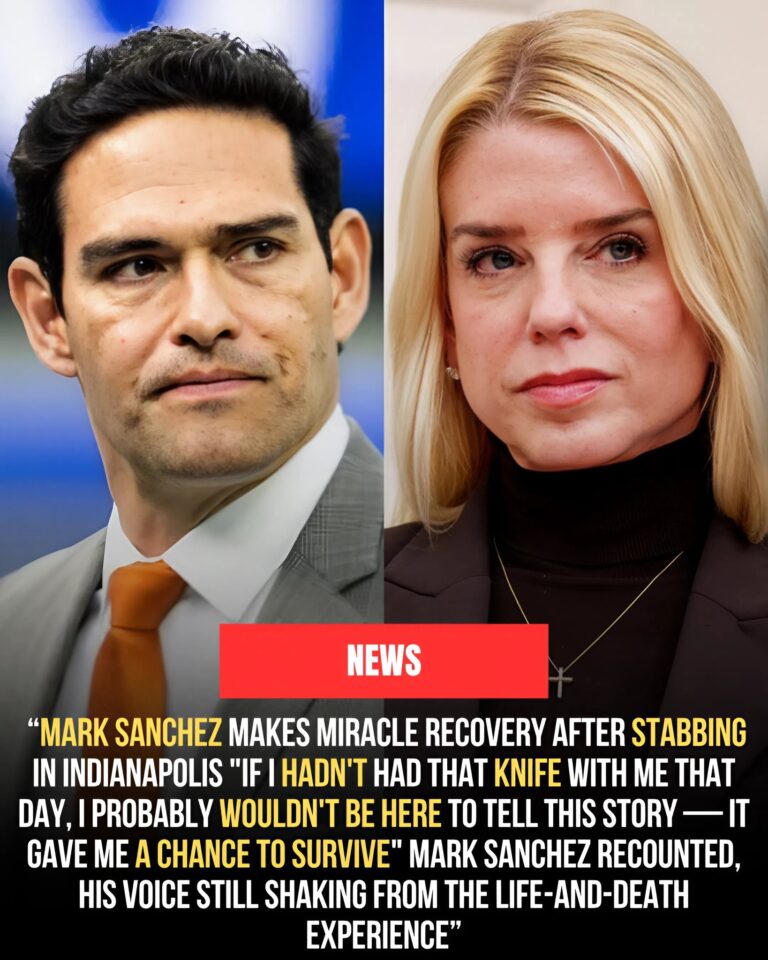Ella Emhoff’s Climate Meltdown

Kamala Harris’s stepdaughter, Ella Emhoff, has once again taken to social media to unburden her latest emotional distress.
This time, it is not the result of personal hardship or any tangible adversity but rather her self-professed “climate anxiety.”
In a viral TikTok video, Emhoff opened up to her followers with teary eyes and a quivering voice. “Like everyone, I feel disgust at what’s going on in the world,” she said.
“Genocides, the loss of lives, the loss of healthcare… it feels so big.” Her words struck a chord, but not for the reasons she may have hoped.
The clip quickly ignited reactions across the political spectrum. For conservatives, it was yet another example of the performative fragility that has come to define the modern left.
Emotional outbursts, often detached from practical solutions, have become par for the course.
“Everything with the environment is really f***ing getting to me,” Emhoff admitted, adding, “I experience a lot of climate anxiety like a lot of us do. It’s not funny.” That last sentence may be the most accurate thing she said.
In an age when real-world issues demand grit and action, many conservatives see Emhoff’s video as symbolic of a generation more concerned with emoting than engaging.
Her public breakdown over climate change, rather than inspiring action, has invited scrutiny and mockery.
Social media has become the favored pulpit of left-leaning elites. Instead of proposing legislative change or engaging in tangible environmental work, they opt for performative confessionals. For the political class surrounding Kamala Harris, this is hardly new.
It is worth noting that Emhoff is not simply a private citizen. As the stepdaughter of the former vice president, her public expressions carry symbolic weight. They also mirror the left’s ongoing campaign to normalize anxiety and emotional instability as virtues.
The message being sent to young Americans is one of helplessness. If even those at the top of the socio-political ladder are paralyzed by fear, what hope is there for ordinary citizens? Conservatives argue this mindset does more harm than good.
“It’s not funny,” Emhoff reiterated in her video. But the reaction online suggested many Americans saw the spectacle quite differently. The clip, while framed as heartfelt, resembled a tone-deaf display of privilege and disconnection.
Critics were quick to highlight the irony of a fashion model with high-profile connections lamenting the world’s injustice from the comfort of a luxury apartment. The dissonance was palpable.
Climate change, for all the alarm it generates, is not new. What is new is the emotional theatrics that increasingly accompany discussion of it. Instead of advocating for innovation or energy independence, voices like Emhoff’s prioritize feelings.
For decades, the American right has emphasized resilience, responsibility, and realism. Emhoff’s public unraveling represents the opposite approach, one rooted in despair and detachment from the practical.
Leftist ideologues have long used fear to galvanize support. Whether it is climate change, healthcare, or racial inequality, the narrative is almost always framed in terms of impending doom. Emhoff’s video follows this same template.
“It feels so big,” she said, referencing the challenges she sees. But conservatives argue the solution is not to wallow in emotion but to take ownership, drive innovation, and focus on real-world policy outcomes.
This emphasis on emotion over execution is hardly limited to Emhoff. It is a growing trend among progressive elites, where expressing vulnerability is treated as activism. But the American public deserves more than social media therapy sessions.
The reaction to Emhoff’s video was not merely ridicule. Some viewers expressed concern that this kind of messaging discourages civic engagement. Why vote, volunteer, or innovate if the world is just too “big” and broken?






